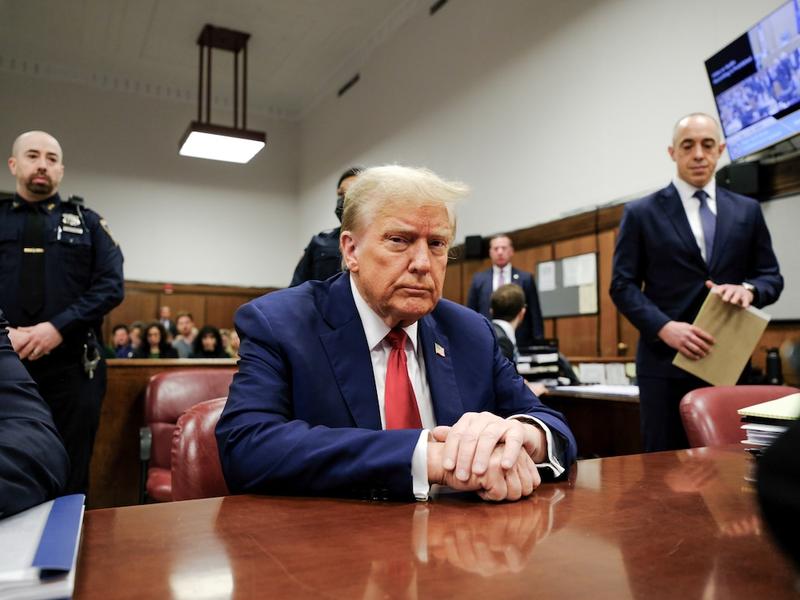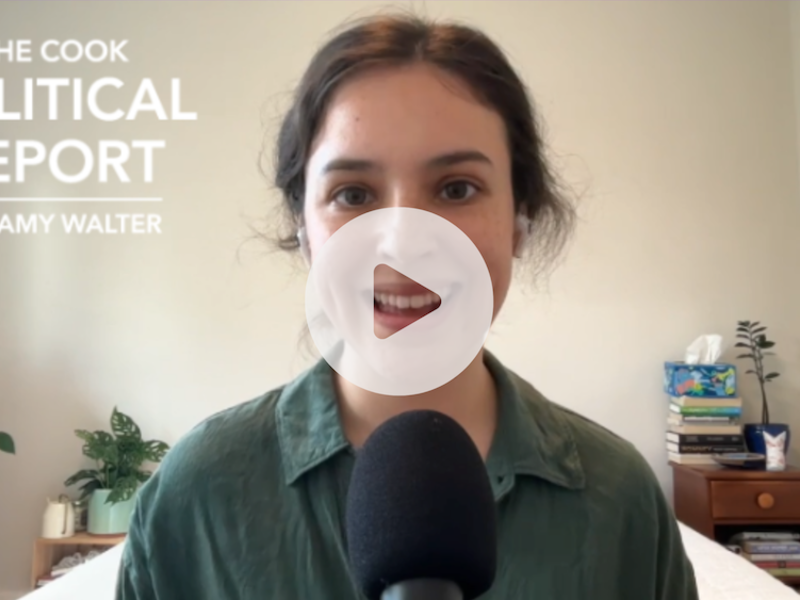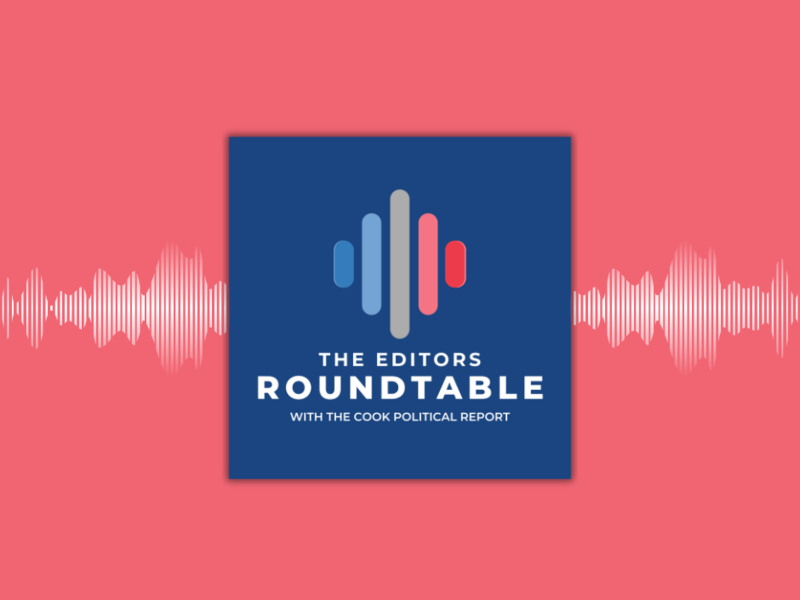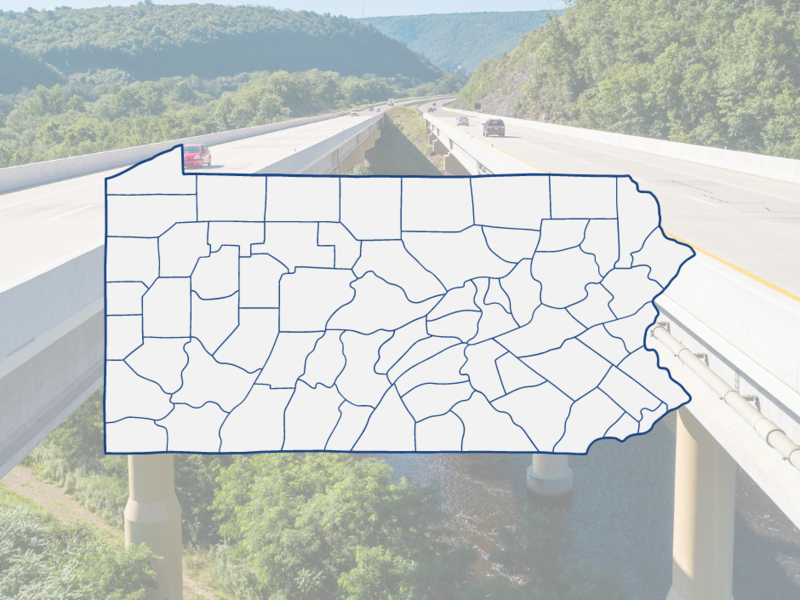
On Thursday, the North Carolina state board of elections unanimously ordered a new election in the state's 9th Congressional District, where Republican Mark Harris's 905-vote lead over Democrat Dan McCready was found to be tainted by an illegal absentee ballot fraud scheme. The bipartisan board will set new election dates at a later hearing, and under new provisions passed by the legislature in December, a new primary election will be held as well.
The ruling caps a dramatic four-day hearing in which Harris's son, an assistant U.S. attorney in Raleigh, testified that he warned his father about the illegal nature of pro-Harris contractor McCrae Dowless's operation back in 2017. Earlier Thursday, after expressing emotion during his son's testimony, Harris reversed his longstanding demand the November outcome be certified and joined Democrats' requests for a new election.
This ruling is likely to strike most — though certainly not all — members of both parties as fair. On one hand, outraged Democrats have demanded a remedial election ever since Dowless's Bladen County vote-harvesting operation came to light in early December. On the other, a new primary will give Republicans the opportunity to replace the severely damaged Harris on the ballot, despite the fact his May primary win — likely also tainted by fraud — was certified.
Harris hasn't indicated whether he would run again, but it goes without saying he will come under heavy pressure from Republicans to end his role in what has become a bizarre, nationally-watched saga.
Any new election without Harris would start out in the Toss Up column. The 9th CD voted for President Trump 54 percent to 43 percent in 2016, but a compressed special primary and general election timetable works to Democrats' advantage. McCready, a renewable energy businessman who served with the Marines in Iraq, raised over $500,000 in December alone, will easily raise millions more and won't face a primary threat.
Meanwhile, Republicans are likely headed for a crowded primary, with or without Harris. And things could get even worse for Republicans: under state law, a runoff will be held if no candidate gets 30 percent of the primary vote, further threatening to drain the party's time and resources (the legislature lowered the threshold from 40 percent to 30 percent back in fall 2017, marginally reducing the chances this would occur).
Former GOP Rep. Robert Pittenger, who lost his primary to Harris last May, could run for the seat he vacated just last month. Pittenger's wealth and ability to self-fund could appeal to GOP strategists who know they would otherwise start out at a severe disadvantage to McCready. But the staid Pittenger has never been a towering figure among the district's conservative activists and his real estate company was under FBI investigation until 2017.
Other potential candidates include Union County Republican chair Dan Barry, who hails from the most reliable GOP vote trove in the 9th CD, former Charlotte Councilman Kenny Smith, former Mecklenburg County Commissioner Matthew Ridenhour, state Sen. Dan Bishop and former state Reps. Bill Brawley, Scott Stone and Andy Dulin. Former Gov. Pat McCrory has already indicated he's unlikely to run.
It's possible North Carolina officials could streamline the election calendar by calling special elections for the 3rd CD, where GOP Rep. Walter Jones passed away earlier this month, and the 9th CD on the same day. But the state board of elections will set the terms of the new election in the 9th CD, whereas Democratic Gov. Roy Cooper will set the election dates in the 3rd CD, a safe Republican seat.
The new election will determine whether Republicans need a gain of 18 or 19 seats to reclaim a majority in 2020. For now, North Carolina's vacant 9th CD remains in the Toss Up column.









Subscribe Today
Our subscribers have first access to individual race pages for each House, Senate and Governors race, which will include race ratings (each race is rated on a seven-point scale) and a narrative analysis pertaining to that race.